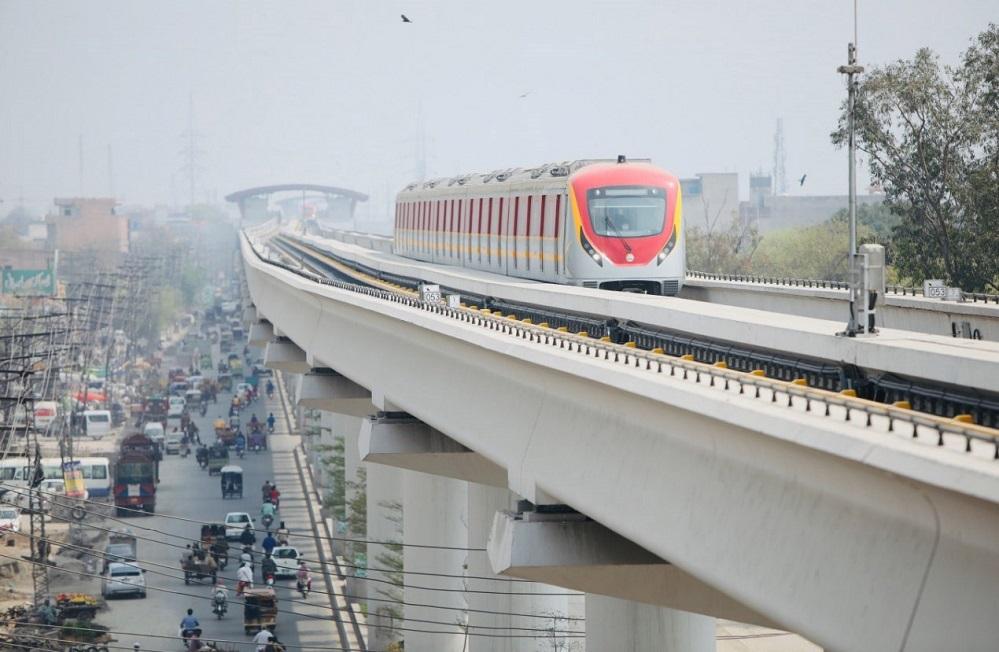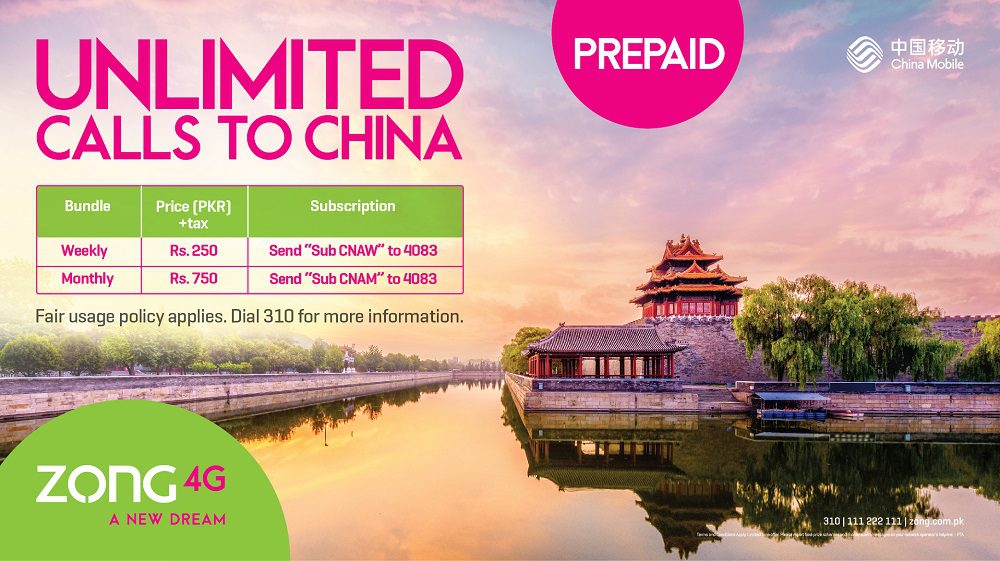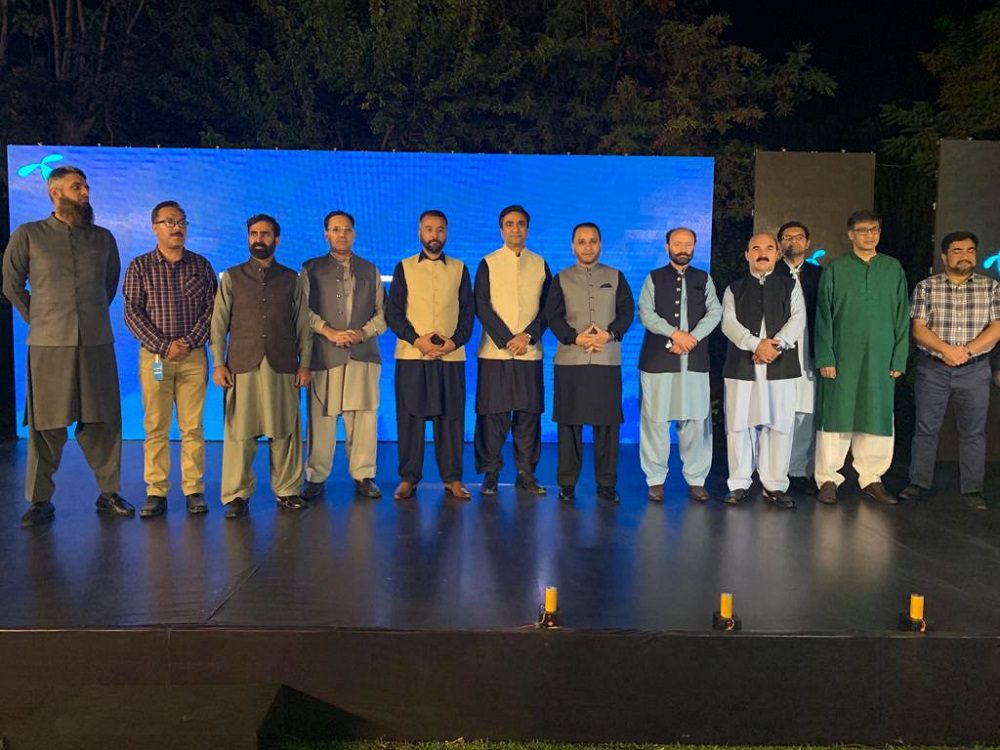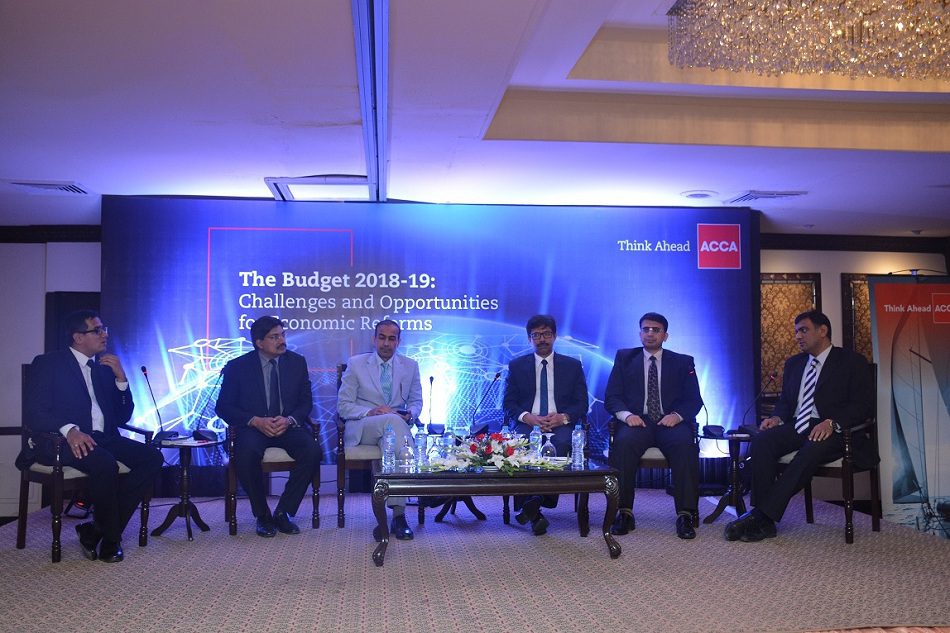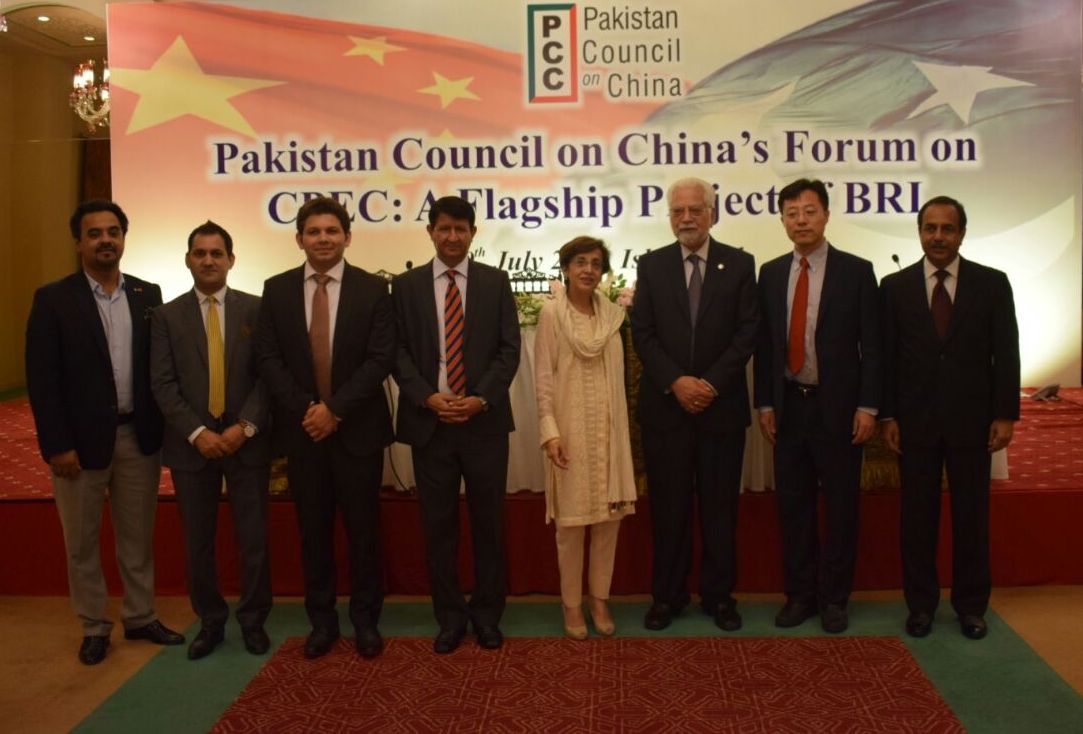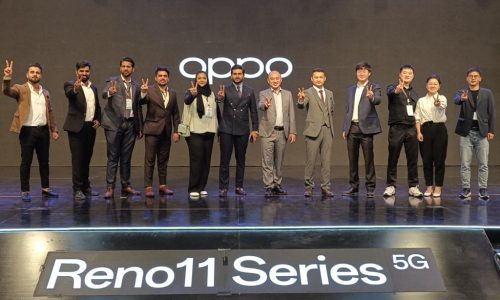On October 9 2020, CR-NORINCO Orange Line project successfully concluded handing over the project after its completion to Punjab Mass Transit Authority (PMA). Orange Line Metro Train (OLMT) project is the first officially launched urban mass transit project under the CPEC framework for the “One Belt And One Road” initiative, and also the first metro […]
Zong 4G to offer unlimited Calls to China under its CPEC Initiatives
Pakistan’s leading telecommunication operator, Zong 4G has become the only network to offer unlimited calls to China. To make international direct dialing to China more convenient, Zong 4G has launched two dynamic call bundles. The China bundles have been developed to suit both pre-paid and post-paid customers and will provide ease to both private and […]
Telenor Pakistan brings 4G to Gilgit Baltistan
Telenor Pakistan is spearheading another leap towards empowering the Pakistani society through the roll out of its 4G services in Gilgit Baltistan. To bring the benefits of digital communications to the people of Gilgit Baltistan, Telenor Pakistan has used state-of-the-art satellite solution by refarming its network sites in Gilgit and Skardu. Gilgit Baltistan is home […]
ACCA Pakistan hosts discussion on “The Budget 2018–19: Challenges and Opportunities for Economic Reforms” in Lahore
ACCA Pakistan hosted an expert discussion on “The Budget 2018–19: Challenges and Opportunities for Economic Reforms” which was aimed at keeping professionals up-to-date with the relevant changes that were being made to the Finance Act through the Budget 2018 – 19. This event was an opportunity to deliberate upon the recent federal budget, the opportunities […]
ACCA to drive the growth trajectory of an Emerging Pakistan
ACCA members have committed themselves to achieving an average GDP of 7% as well as improving the global ranking of Pakistan to top 50for the ease of doing business and global competitiveness Index. ACCA’s Pakistan Leadership Conversation (PLC) 2018was held in Lahore on March 27, 2018 and was the last of a series of conferences held previously […]
Pakistan Council on China hosted annual forum to discuss prospects of CPEC
Pakistan Council on China (PCC) hosted its annual forum on the prospects and challenges of China-Pakistan Economic Corridor (CPEC) today in Islamabad. The aim of the conference was to help promote better understanding for the future opportunities and challenges in the implementation of China-Pakistan Economic Corridor (CPEC). As key note speakers, Chargé d’affaires Chinese Embassy Islamabad […]
